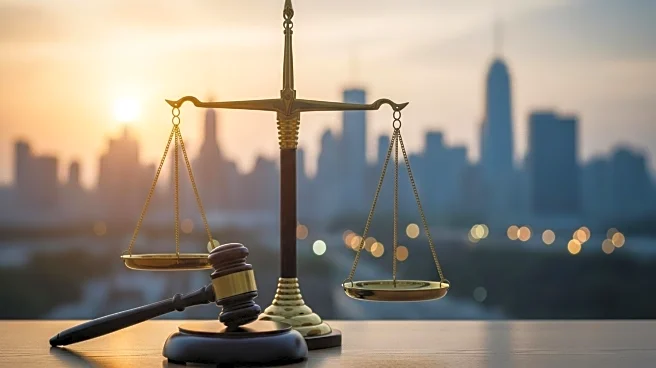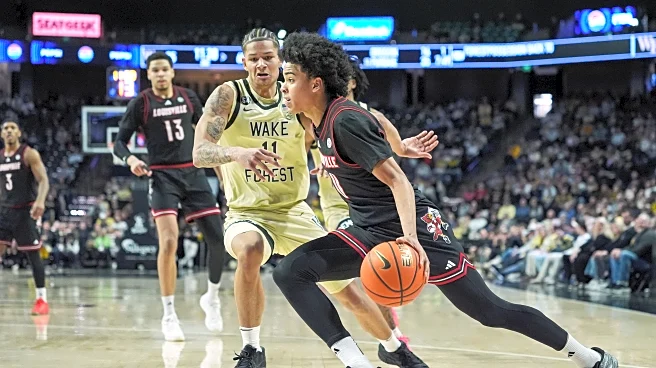What is the story about?
What's Happening?
The Supreme Court has blocked a federal judge's ruling that restricted immigration stops in Los Angeles, allowing federal agents to resume operations. The decision follows a legal challenge that cited constitutional violations in the enforcement tactics used by immigration agents. The ruling permits agents to stop individuals based on factors such as race, language, or job, despite previous court findings of systemic racial profiling. The decision has sparked criticism from advocacy groups and local officials, who argue it undermines civil liberties.
Why It's Important?
The Supreme Court's decision has significant implications for immigration enforcement and civil rights. It potentially increases the risk of racial profiling and undermines trust between immigrant communities and law enforcement. The ruling reflects the administration's aggressive approach to immigration policy, impacting millions of undocumented individuals. It also highlights ongoing tensions between federal and local authorities over immigration enforcement in sanctuary cities.
What's Next?
Advocacy groups are expected to continue legal challenges against the ruling, seeking to protect civil liberties and prevent racial profiling. Local governments may implement policies to safeguard their immigrant populations, while federal authorities intensify enforcement actions. The broader legal and political battle over immigration enforcement practices is likely to persist, influencing future policy decisions.
















